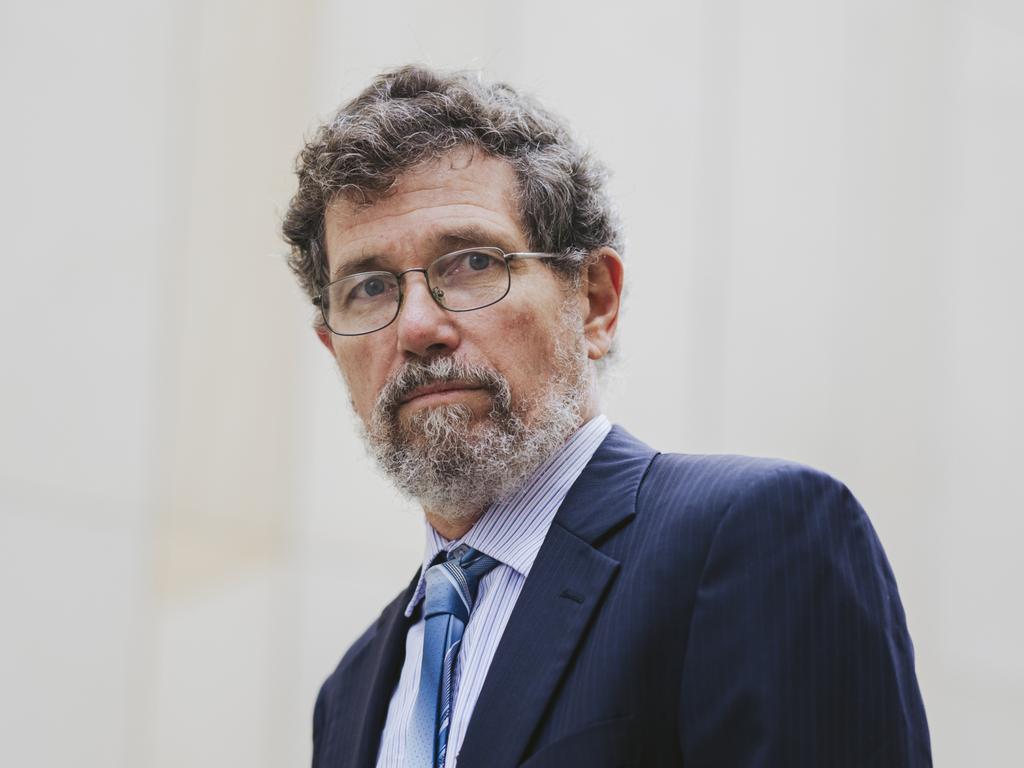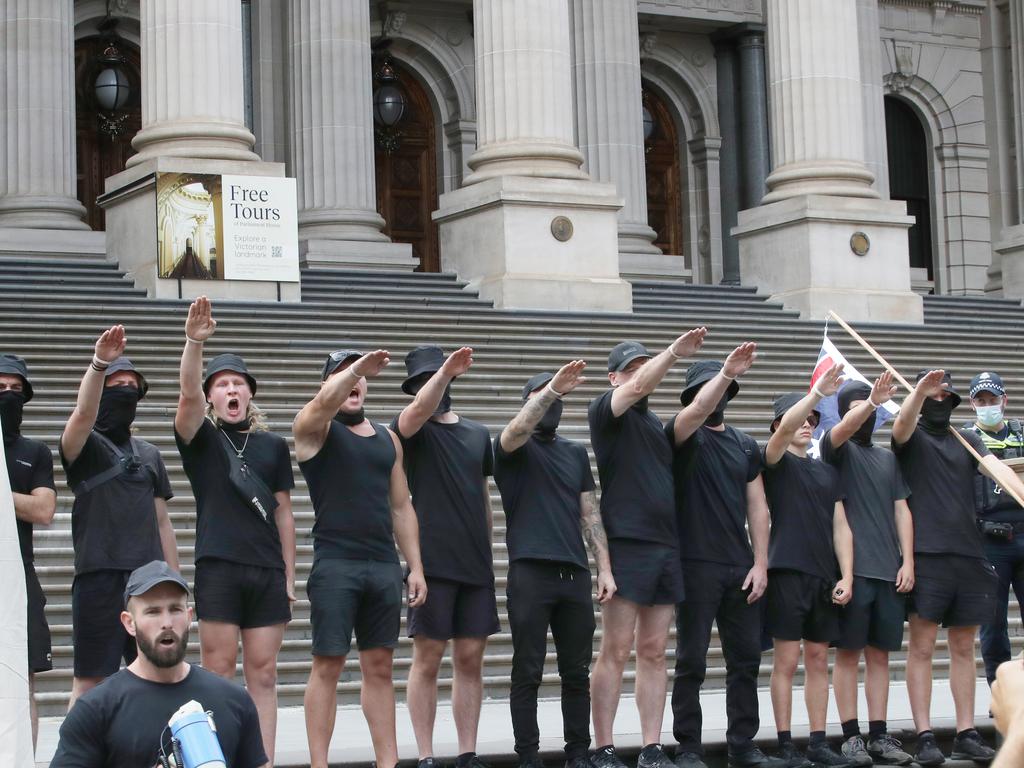Why free speech and offensive expressions are too important to be left to legislation
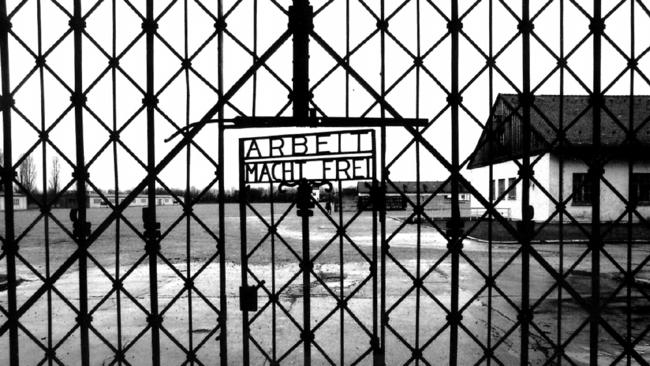
Dachau concentration camp was established just outside the city of Munich in March 1933, less than two months after Adolf Hitler became German chancellor.
It has been preserved, along with some of the other later camps, as a reminder of the regime that ruled Germany from 1933 until 1945. Its location rebuts any suggestion that the German people were somehow unaware of their government’s policies over this period. In the early 1970s I visited Dachau with a small group of recent graduates from the University of Melbourne on a camping tour of Europe.
We didn’t spend much time in those days reflecting on history but our normally boisterous behaviour was replaced by complete silence as we walked past the barracks where the prisoners had been housed and contemplated what had happened to most of them. I have sometimes thought of that visit whenever there have been calls in recent months for legislation to prohibit the Nazi salute, particularly after it was used by some of the participants in a demonstration in Melbourne.
The salute was not in fact confined to Hitler’s administration but a similar version was used, for example, by the regimes of Francisco Franco in Spain and Benito Mussolini in Italy after they took power in the years before World War II.
Any public imitations of the Hitler period are, however, especially offensive to Jewish members of society in any country because of their enormous losses at the hands of the Germans.
It is not an especially popular position to raise questions about this kind of banning legislation but the problem about freedom of speech is, if it is accepted as an important value, it does not allow for picking and choosing between different kinds of speech, even those that may be offensive to almost all members of the community.
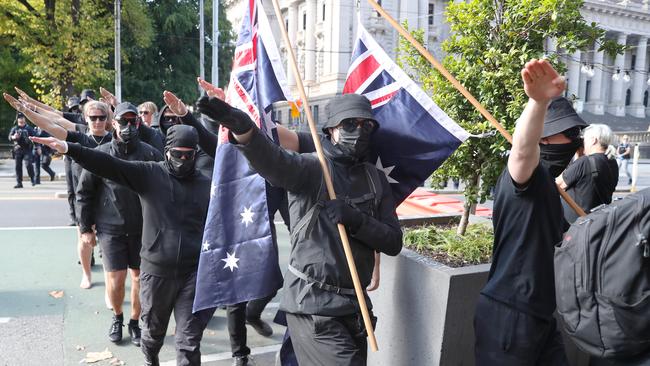
None of this is to say that incitements to violence against individuals or groups in the community should not be unlawful – and they have always been a crime under the common law. In addition, there are statutory provisions, for example, under the NSW Crimes Act, where it is an offence for a person by a public act to intentionally or recklessly to threaten or incite violence towards another person or group of persons on the ground of race, religious belief, sexual orientation or gender identity.
But it is the expression of utterly offensive views that provides the real test for a belief in freedom of speech. As American jurist Oliver Wendell Holmes said in a judgment of the US Supreme Court in 1919: “All life is an experiment … while that experiment is part of our system I think we should be eternally vigilant against attempts to check the expression of opinions that we loathe.”
It is not as if the handful of persons in Australia who seem to have some affection for this period of German history are taken seriously by the general community. No regime in modern history is more discredited, and anyone displaying Nazi salutes or symbols would rightly be considered an embarrassment to himself or herself by almost every member of Australian society. This kind of legislation also raises the question of how offensive a symbol has to be before its display should be prohibited by law. What about the hammer and sickle – the flag of the Soviet Union – a regime under which millions were killed or sent to gulags? Or what about the Confederate flag, the banner of the old south, in a war fought to preserve the institution of slavery? Should the music identified with these regimes, such as The Internationale and Dixie, be banned as well?
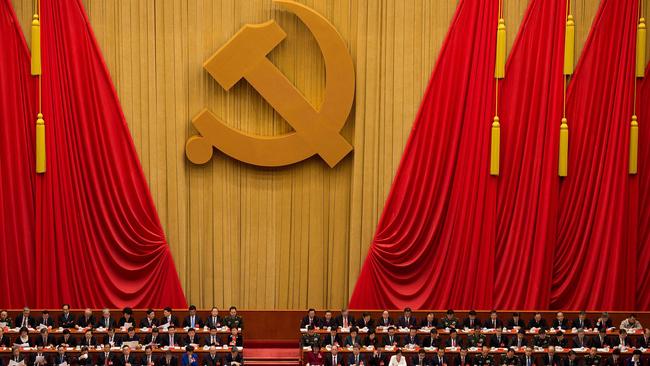
There have also been calls for those calling themselves Nazis to be declared by legislation as members of a terrorist organisation.
There is, of course, a large volume of legislation at both the federal and the state level in Australia on the subject of terrorism, but this is designed to deal with individuals or organisations who are dedicated to acts of carefully planned violence, often on a large scale that might result in the deaths of hundreds of individuals through bombs placed at public events or the sabotage of airline flights.
It is hardly suitable to apply to political agitators, however offensive and misguided. Dachau and its like should never be forgotten, but freedom of speech is an important legacy of Western civilisation and worth preserving, no matter how unworthy some of those who make use of it.
Michael Sexton is Solicitor General for NSW. His latest book is Dissenting Opinions.


